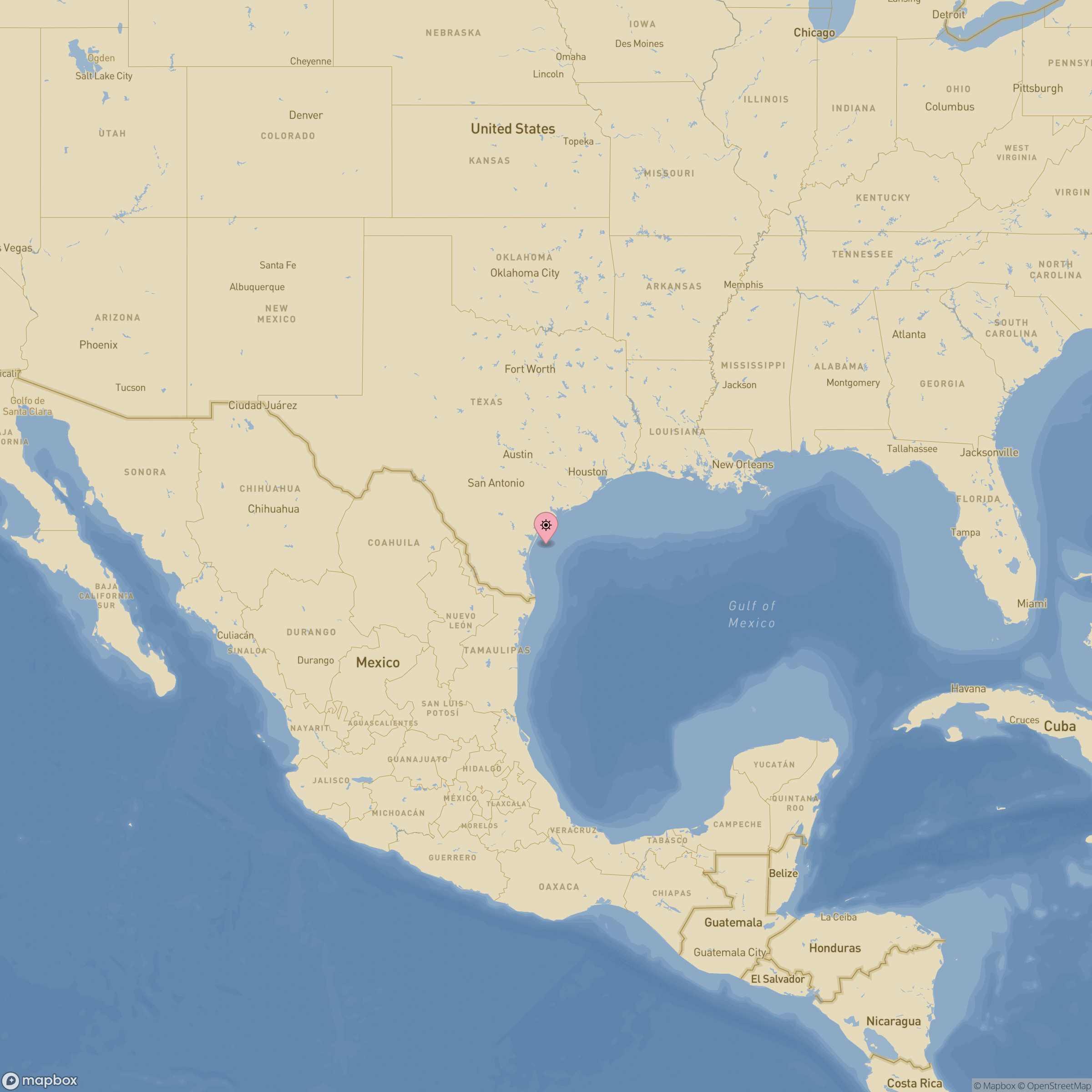San Esteban

Date
1554Period
16th centuryShip type
GalleonCause
A stormLocated
✓Command
Antonio CorzoCaptain
Francisco del HuertoFlotilla
Antonio Corzo's fleetsShipwreck zone
Padre Island, TexasPort of departure
Veracruz (MEX)Destination
SpainCargo
Cochineal, coins, hides and skins, sugar, eastern ceramics , and richesFour ships departed from Veracruz: San Esteban, San Andrés, Espíritu Santo and Santa María de Yciar.
Three of them were wrecked in a storm on April 29, including the San Esteban. Many of the 300 sailors and passengers drowned while trying to reach shore; about thirty took a boat to seek help; almost all the rest died of thirst or starvation, or were killed by Karankawa Indians.
The Spaniards sent a salvage expedition under the command of Ángel de Villafañe, who protected the site from looters coming from the settlements of Tampico and Pánuco, until the main salvage crew arrived. They were led by García de Escalante Alvarado, who had bought six ships to recover coins, ingots and the rest of the cargo.
Archaeological remains have been located. They were found in 1970 at a depth of five meters. The site was excavated between 1972 and 1975. Among the objects extracted were decorated ceramics, jugs, silver coins, silver ingots, gold ingots, seven iron anchors, guns, shipboard accessories, tools, the stern end of the keel, the sternpost, a bronze buckle, glass fragments, a gold crucifix, pins, silver thimbles, astrolabe, pewter objects.
Some of the recovered remains are on display at the Museum of Science and History in Corpus Christi, Texas. Since 1974, the wreck of the San Esteban has been part of the Mansfield Cut Underwater Archaeological District.